Ice Wine vs. Late Harvest
Howard Goldberg’s New York Times column focuses on a LENNDEVOURS favorite, Waters Crest Winery this week. It’s a nice little write up and he highlights the wines I’d probably highlight from Jim’s current releases.
But one thing he wrote has me questioning my own definitions of ice wine and late harvest wine.
My understanding is that ice wine, true ice wine that is, is made from grapes that are left on the vine to freeze naturally. That is why most local dessert wines, which are made with commercially frozen grapes, tend to use "late harvest" instead.
Of course, in the U.S. neither of these terms has an official definition, much like "Old Vines" or "Reserve" but I’m curious, is Mr. Goldberg’s assertion that even the use of commercially frozen fruit make this an ice wine?




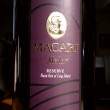
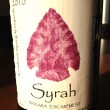

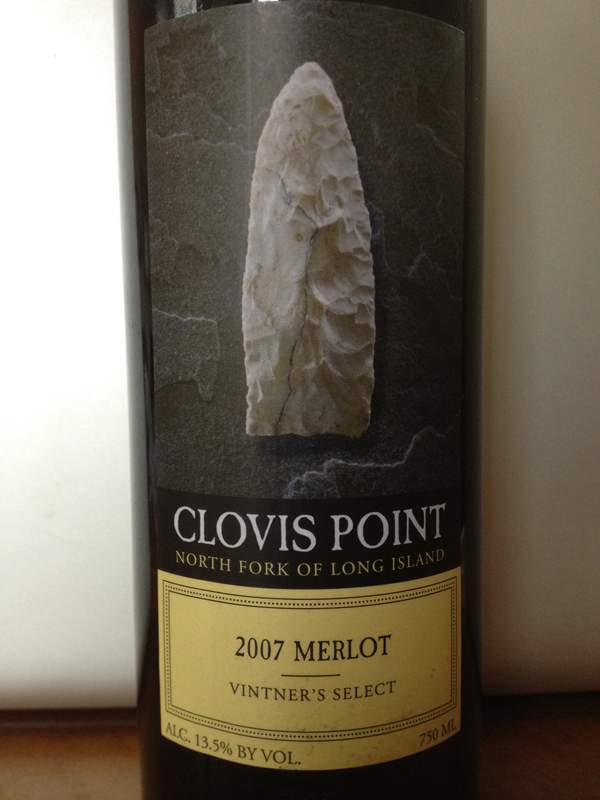
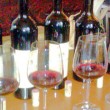


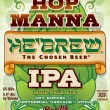




Regulations in the United States, Australia and New Zealand allow artificially frozen grapes to be used for Icewines and labeled as such. However in Germany and Canada this is not allowed. Natural Icewines are more refined with layers of nuanced flavours not found in artificially frozen grapes.These flavours develop as the grapes are left to hang on the vines late into the year or even into the next year. It requires a temperature drop down to -8 degrees Celsius before they can be picked.Often the grapes are subjected to temperatures in the -3 to -6 range a few times before finally getting to the -8 temperature. This helps to concentrate the flavours even more. This is not possible with artificially freezing the grapes. So the only true Icewine is made using the natural hang on the vine freezing. Anything else is just a wannabe Icewine.
Hi Lenn,
I completely agree with Wilf. True Icewine can only be naturally frozen wine. What is interesting is that a reknown wine appelation such as Sauternes uses the cryo-extraction method(the grapes are frozen in an “ice-tunnel”) to produce its famous dessert wines. As Wilf said, German icewines can only be naturally frozen grapes which are sometimes hanging until january in order to be harvested frozen. The harvest has to be priorly announced/declared, so that it can be controlled by authorities. It happens that for some years, no icewine is harvested if the conditions aren’t met, or grape quality is poor.
Some of the Riesling Eisweine are made to last several decades and the best cost the equivalent of a good bordeaux bottle (this one for example: http://www.dvw.com/eiswein.html ). Lucky if you get to taste some.
But Sauternes aren’t bad either
PS: Check out Winedoctor’s take on Eiswein, really good articles on all the dessert wine types from him: http://www.thewinedoctor.com/author/sweeteiswein.shtml
regards,
alex
I believe it is out of respect for the “regulated” growers of icewine that the makers of non-tradtional icewines choose not to call them “icewine”. The main difference in terms of fruit expression and flavor profile in my opinion is that traditional icewines generally capture an over-ripe somewhat funky but so often delicious character while the so called “wannabe” Icewine, when picked at the late harvest phase, captures more clean fresh fruit and true varietal character. Though both are very often mistaken for eachother, they are each special and deserving of respect. It is likely that given the liberty to do so, there would be alot more “artificially” frozen Icewines made by the regulated producers and much less “natural Hang” going on.